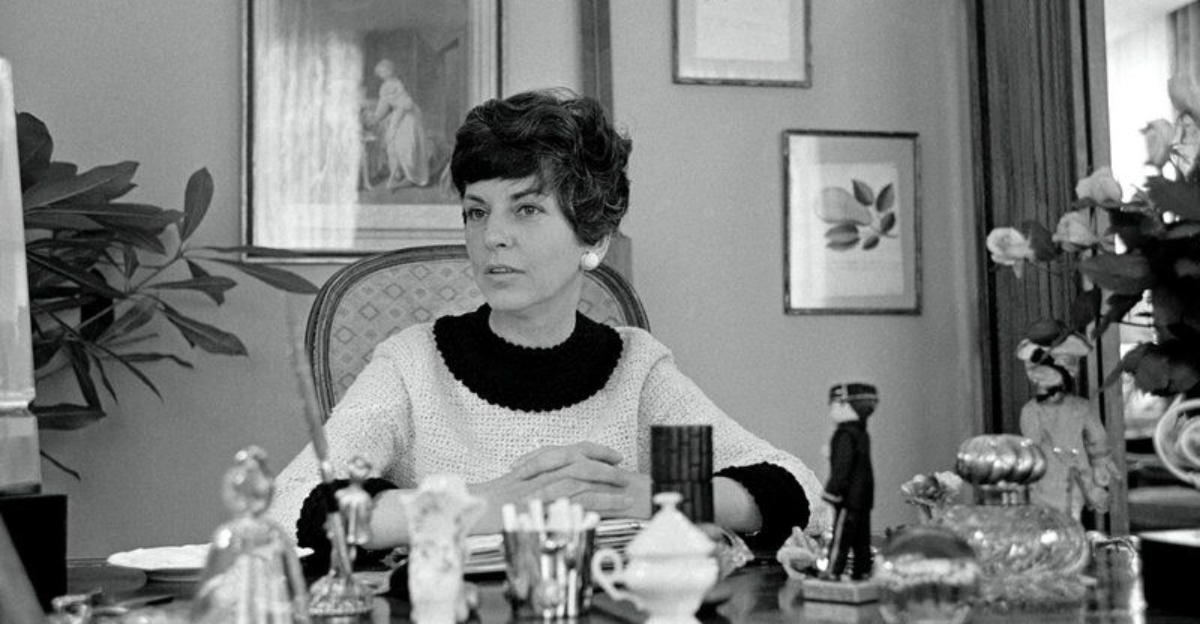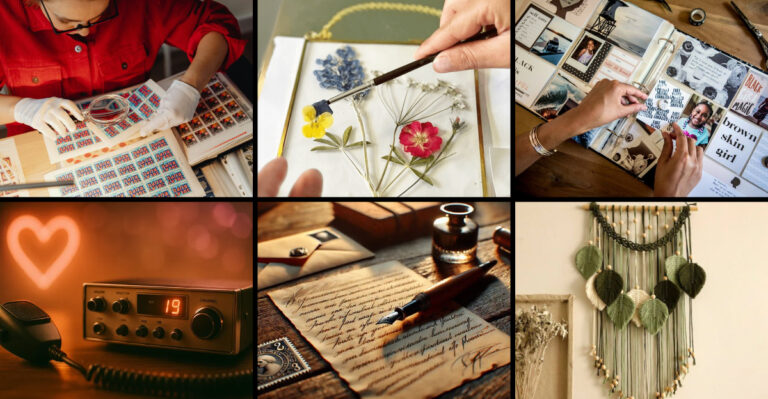12 Old-School ’50s Rules That Kept Women in a Box And 5 Hidden Joys That Gave Them a Taste of Freedom
Even in the most polished decades, women knew how to break free — even if just a little. The 1950s were draped in pastel dreams: smiling housewives, sparkling kitchens, and picture-perfect families everywhere you turned.
Flip the magazine cover, though, and underneath were a thousand rules — some whispered, some shouted — that narrowed every choice, every voice, every dream that dared to look different. Still, it would be a lie to say women didn’t find their sparks of sunlight.
Quiet rebellions, little joys, and precious pockets of freedom popped up where you’d least expect it. This is about the tension between the boxed-in lives and the sneaky, creative ways women found to feel alive.
Let’s start with the rules that penned them in, and end with the small but mighty joys that made all the difference.
1. Marriage as the Finish Line

“If you haven’t landed a husband by 25, is something wrong with you?” That question hovered over every Sunday dinner, graduation, and family gathering. For a girl with big dreams beyond rings and diapers, it could feel suffocating.
So many ambitions—starting a business, seeing the world, even just being single—were seen as distractions. The message was clear: marriage wasn’t just a milestone, it was the only goal that really mattered. Friends and aunties alike were quick to remind you if your priorities ever seemed out of order.
Even if you loved the idea of family, the pressure to settle down fast made it hard to imagine life on your own terms. Chasing anything else almost felt like rebellion. The expectation was so heavy, you learned to keep certain hopes tucked away like secret love letters.
2. Dimming Your Own Light
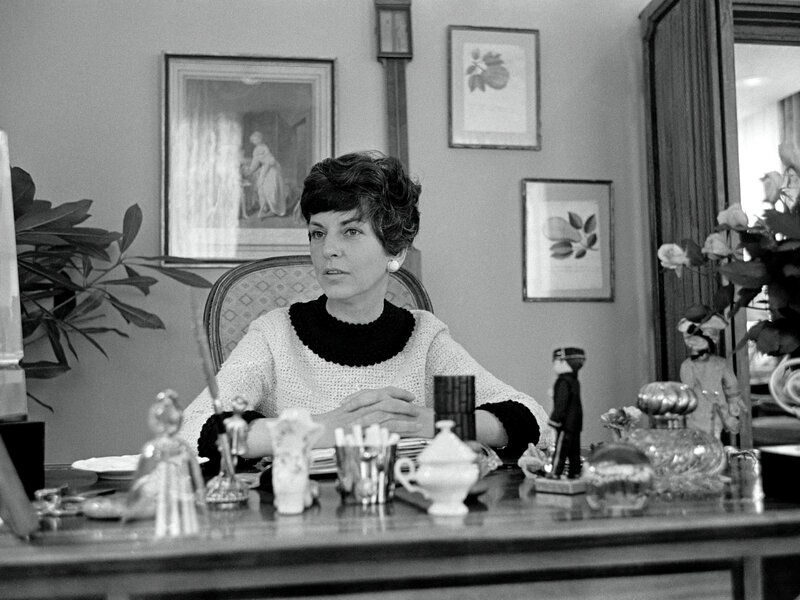
Ever been told to shrink so someone else can shine? ’50s women heard it every day—sometimes outright, sometimes in small looks. The rule: never be smarter, funnier, or more successful than your man, or you’d risk upsetting the balance.
It sounds dramatic, but lost promotions, silenced opinions, and downplayed talents were normal. You could be brilliant, but only if it made your husband look good. That meant biting your tongue at parties or letting him lead every conversation, even when you had the better punchline.
Over time, holding back became a habit. The world acted like a woman’s glow should come with a dimmer switch. Sure, some rebelled quietly, but most learned to tuck ambition behind a polite smile—at least in public.
3. Money Matters in the Shadows

Stretching a dollar became an art form, but talking freely about money? That was taboo. Women ran households on shoestring budgets, clipped every coupon, and made dinner from scraps, yet finances were supposed to be a husband’s job.
The odd thing is, women often knew exactly how much was in the bank—sometimes better than their spouses. But asking for a raise or budgeting together? Off-limits. A lady didn’t “worry” about such things, or so the story went.
If you did raise concerns, it could be seen as meddling or nagging. So, most women kept their financial genius under wraps, quietly saving pennies and finding ways to make ends meet, even if their efforts rarely got any credit.
4. Never Let Them See a Flaw

The phrase “put together” became a lifestyle, not a look. Hair had to be curled, lips painted, and not a crumb on the floor—even when no one was watching. The pressure to appear flawless seeped into every corner of life.
If you skipped makeup, neighbors might whisper. If you wore old slippers, your mother-in-law might sigh. And heaven forbid your husband came home to a messy house—what would that say about you?
It was exhausting. Under the surface, plenty of women wanted to toss out the curlers and just be. Still, the unspoken rule stuck: if you let your mask slip, someone would notice—and judge. So, you kept smoothing the cushions and fixing your lipstick, even when you wanted to scream.
5. Desire in Disguise
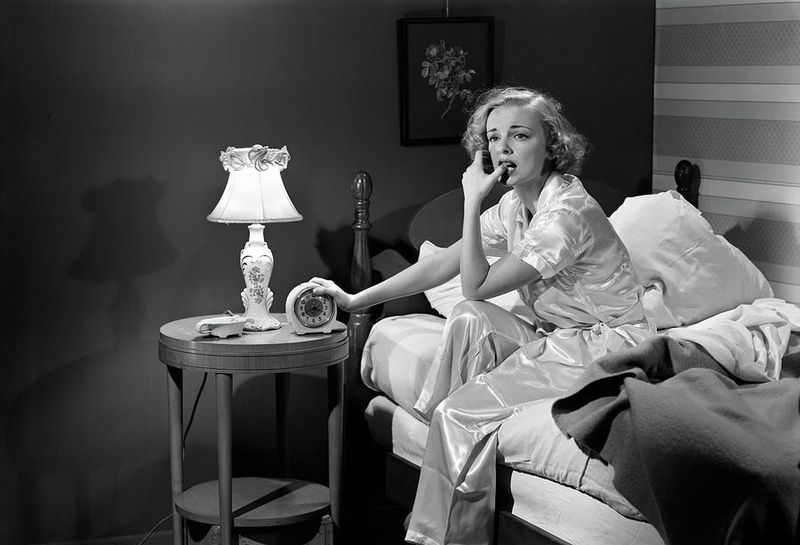
Behind closed doors, there was another rule: nice girls waited for their husbands to make the first move. Women’s desire was something to bury—passion belonged to men, and any hint otherwise could get a girl labeled “forward.”
It wasn’t only about romance or intimacy but about who was allowed to want things. A woman showing enthusiasm—over anything from dinner plans to bedroom plans—risked being called brazen.
Lots of women learned to suppress their needs, not just physically but emotionally. Sighs and hints replaced honest conversation. The fear of stepping out of line could feel bigger than any actual mistake, so most kept their longings under wraps, hoping their silence wouldn’t get misread.
6. Smile, Even When It Hurts
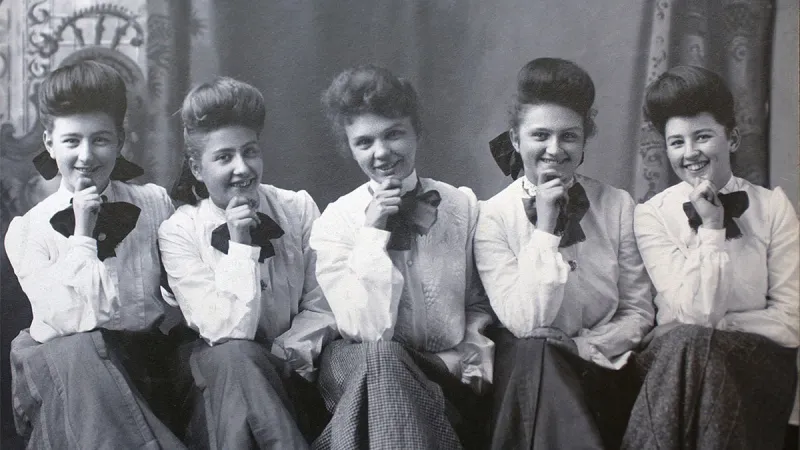
“Don’t let them see you crack.” That’s what many women heard when life got overwhelming. Tears, frustration, or just plain exhaustion? Cover it with lipstick and a cheerful “I’m fine!”
Hiding real feelings took skill—sometimes it worked, but often it meant bottling up a storm. The world saw perfect mothers and wives, not the stress, loneliness, or anger simmering underneath.
The worst part? Admitting you were struggling could get you labeled “weak” or “ungrateful.” Instead, you learned to master the art of the upbeat mask, hoping someone would see past the smile and care enough to ask what was really going on.
7. The Kitchen: Your Full-Time Office
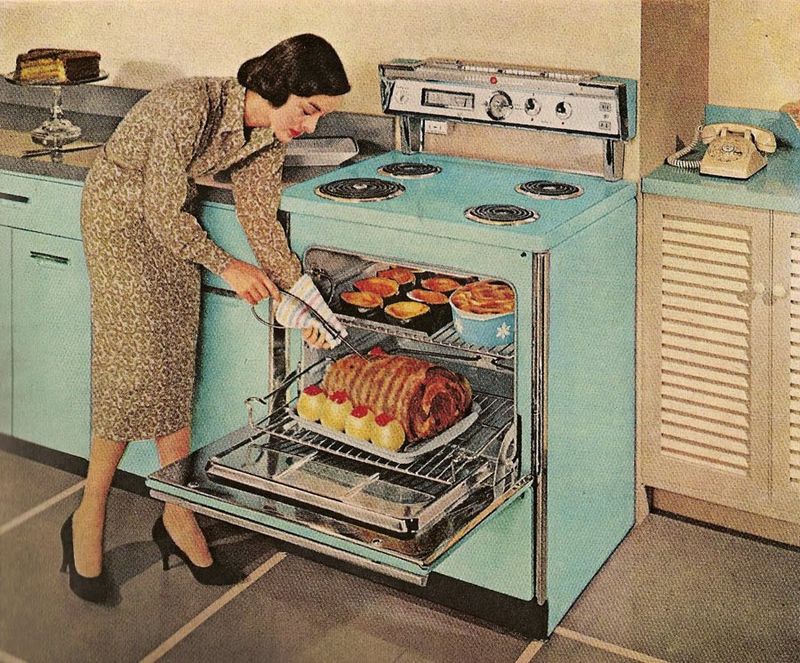
If you thought being a housewife was a part-time gig, think again. From sunrise to bedtime, chores lined up like soldiers: scrubbing, folding, cooking, and repeating. The expectation wasn’t just to manage, but to excel—every sock paired, every plate spotless.
Women were praised for spotless homes and homemade pies, never for taking a break. Even small messes could spark criticism from relatives or neighbors. Some days, the only reward was a moment alone with a cup of tea and no one asking for anything.
Having a job outside the home? That was for the desperate or the “neglectful.” Still, many women found pride in their domain, even if it never made the front page.
8. Don’t Speak of the Body
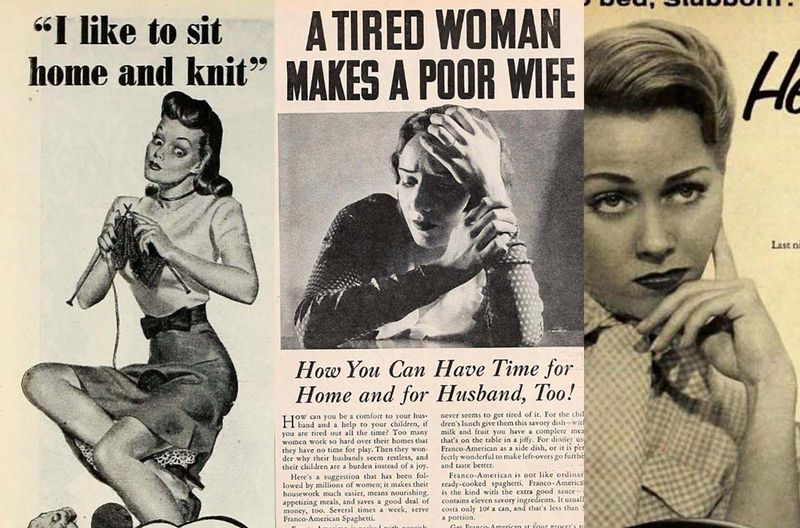
Bodies were mysterious, almost taboo. You could talk about recipes or fashion, but mention your period, pregnancy struggles, or anything “down there,” and the conversation froze.
Girls picked up early that silence meant safety—and shame. Even grown women whispered about doctors’ visits, hiding their questions behind nervous laughter or code words.
This secrecy left many feeling isolated, thinking they were the only ones with certain worries. Instead of sharing wisdom, women tiptoed around their bodies, hoping curiosity wouldn’t get them in trouble. Honest conversations happened in hushed tones, if at all.
9. Divorce Equals Defeat

“If you walk away, you’ve failed.” That was the message, loud and clear, for anyone thinking about divorce in the ’50s. No matter the reason—unhappiness, danger, or betrayal—the risk of being branded “broken” or “selfish” was real.
Support was hard to find. Friends might pull away, and family could act like you’d brought shame on everyone. Even lawyers or judges seemed to side-eye women for leaving.
With stakes so high, many stayed put, even when it hurt. The idea that survival could mean starting over was almost unthinkable. So, women endured, hoping something—anything—would change, while silence closed in.
10. Self-Care Was Selfish
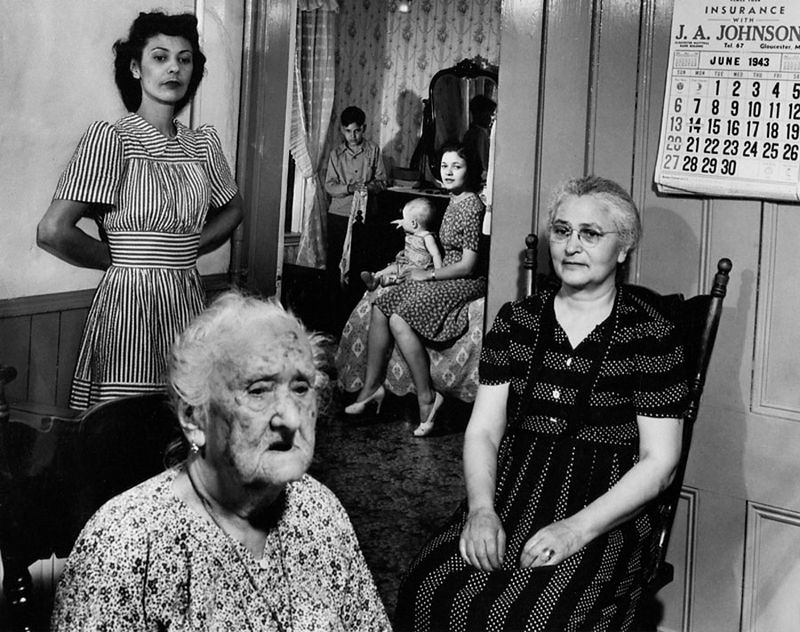
Splurging on yourself? Unheard of. Whether it was a new dress, a book, or just a quiet hour, women were expected to deny their own needs for everyone else’s comfort.
Society acted like self-sacrifice was noble, almost holy. If you did spend a little extra on a treat for yourself, guilt followed close behind—sometimes louder than any criticism from others.
Some women found joy in small things, like painting their nails late at night. But “me time” was rarely celebrated. The message stuck: your needs come last. Putting yourself first, even once, felt like an act of rebellion that needed to be hidden.
11. Speak Softly—Or Not at All
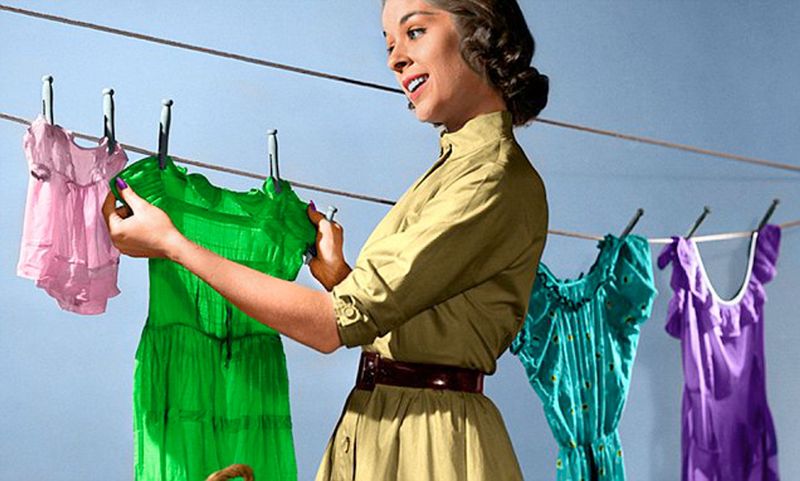
“Ladies should be seen, not heard.” It wasn’t just a saying—it was a strategy for survival. Outspoken women risked being called rude, emotional, or worse.
At dinner tables or PTA meetings, strong opinions were a gamble. A single moment of honesty could mean social exile, so most learned to edit themselves. Silence became a way to keep the peace.
Still, some women snuck in their thoughts—through a witty remark or a clever letter. But for the most part, the loudest thing about a lady was her smile. You learned to listen twice as much as you spoke, even when your mind was racing.
12. Dreams on a Leash
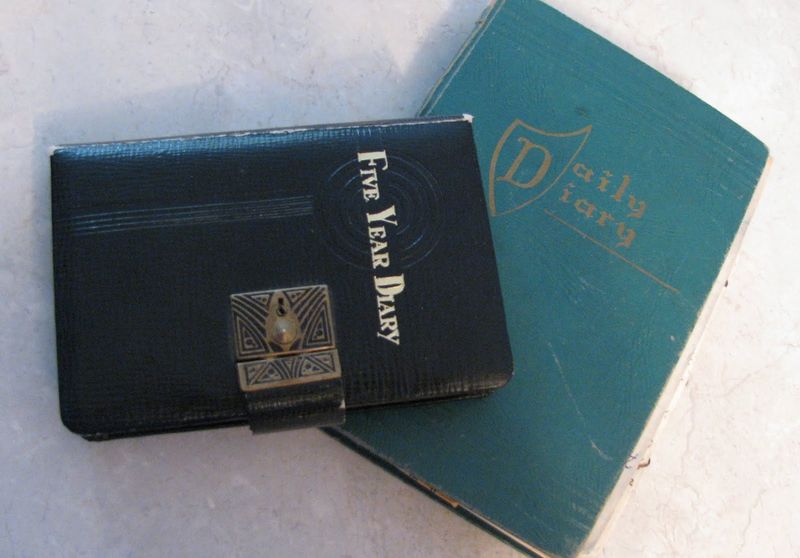
Teen girls didn’t just face rules—they got entire instruction manuals. Curfews, chaperones, and dating restrictions shaped almost every social event. Parties meant strict check-ins, and alone time with a boy was off-limits.
Even ambitions outside romance came with limits. Want to study science, travel, or work after graduation? Every goal was measured against family expectations and reputation.
Some girls rebelled in small ways—a note passed, a forbidden phone call—but most hid their hopes for independence away. Even little freedoms were precious, and every act of boldness felt like tiptoeing across a minefield.
13. Sisterhood Behind Closed Doors
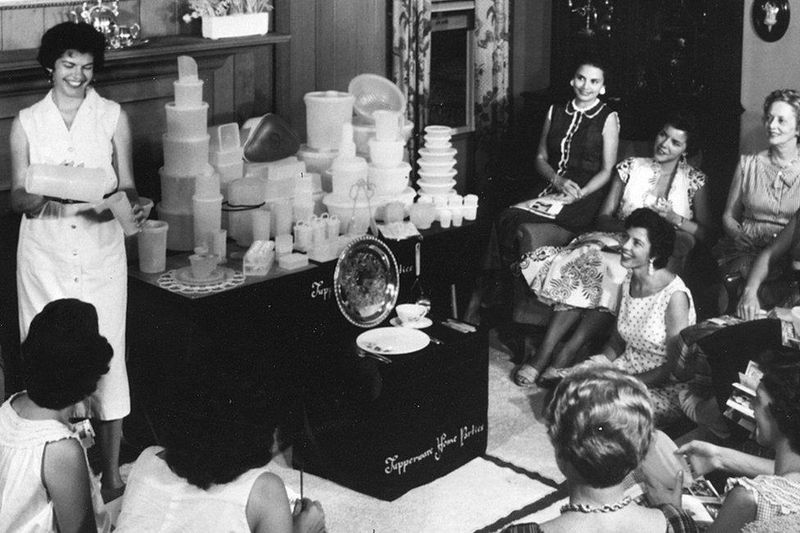
There’s nothing like the spark of true sisterhood—especially when it happens behind closed doors. Tupperware parties, sewing circles, and bridge clubs became safe spaces to trade jokes, stories, and secrets.
For a few hours, you could let down your guard, swap recipes, and admit how hard motherhood or marriage could be. Laughter was loud, honesty even louder. Many friendships started right there, between stacks of plastic bowls and coffee refills.
These gatherings were more than social events—they were lifelines. In a world that demanded perfection, women found comfort in real talk and company that didn’t judge but understood. It was a kind of freedom, even if it lasted just one afternoon.
14. Secret Pages, Secret Voice
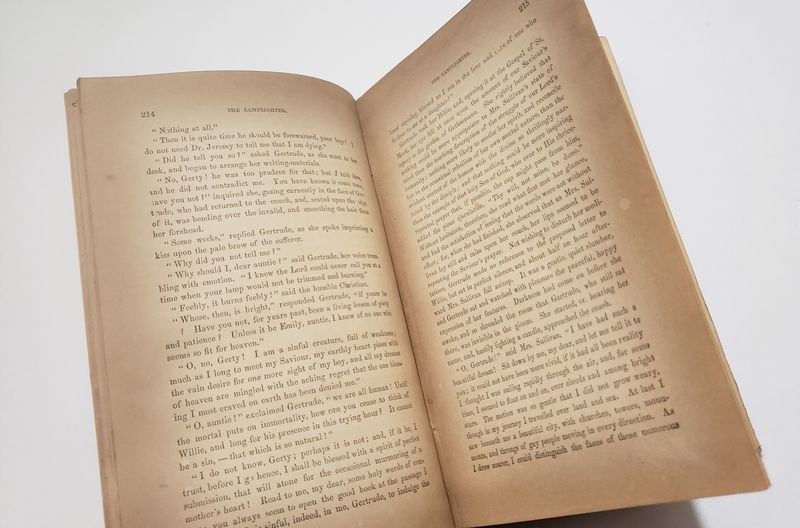
Journaling was both escape and sanctuary. Diaries and letters became places where women could speak without fear—where every hope, frustration, or wild idea could live free from judgment.
Some hid their notebooks away, writing only when the house was quiet. Others shared poetry or secret thoughts with trusted friends in coded language, knowing discovery could be risky.
There was magic in seeing your own words on the page. Writing gave you back your voice, if only for yourself. Those private pages were proof you existed beyond your roles—smart, complicated, and worth hearing, even if no one else ever read them.
15. Stories Between the Book Covers

Books became secret portals. In libraries or tucked beneath the bedsheets, women found new worlds—ones where the rules were different, where women could be bold, brave, or anything at all.
Even “safe” stories often hid hints of rebellion. Reading about adventurous heroines or clever women planting ideas that everyday life never allowed. Sharing a book recommendation could be an act of solidarity, a silent nod to dreams too big for daily life.
For many, library cards were keys to freedom. Reading wasn’t just escape; it was a quiet rebellion—a reminder possibilities existed, even if only in the margins for now.
16. Stealing Solitude

Sometimes, freedom was a few quiet minutes—no chores, no requests, just you. Early morning coffee on the porch, a solo stroll to the mailbox, or a bath after everyone was asleep.
These moments weren’t grand, but they were gold. Just a little space to breathe, to think your own thoughts, or to savor silence. For some, it was the only time they didn’t have to be “on.”
Solitude felt rebellious in its own way. Even five minutes alone could refill your cup. Women learned to cherish these pockets of peace, knowing how easily the world could crowd them out.
17. Unspoken Bonds, Strong as Steel
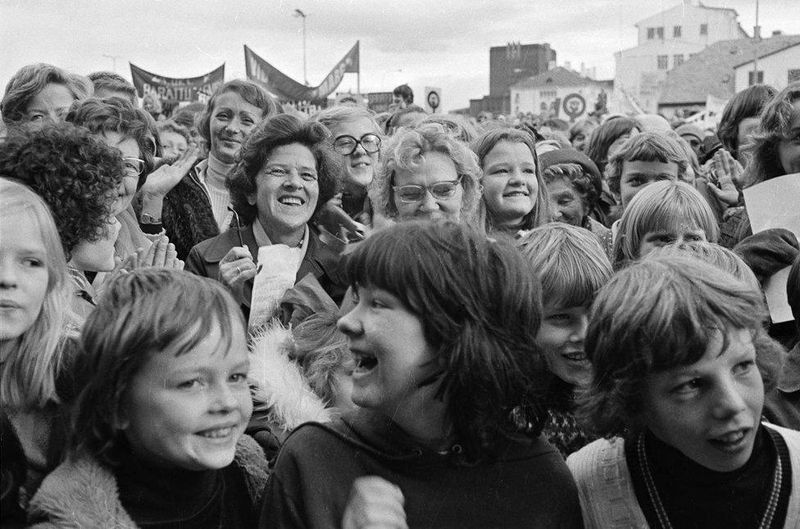
There was a language only women spoke—no words needed. A glance, a nod, a quick smile in the grocery aisle said, “I see you. I get it.” Solidarity didn’t always need a rally—it grew quietly, in shared looks and small kindnesses.
When the world expected perfection, finding another who understood was everything. Sometimes, these silent moments carried more weight than any pep talk. It meant you weren’t alone, even if the box was small.
Those connections formed a safety net. Even in the most restrictive times, women built community out of thin air—proof that even a little understanding can feel like freedom.

